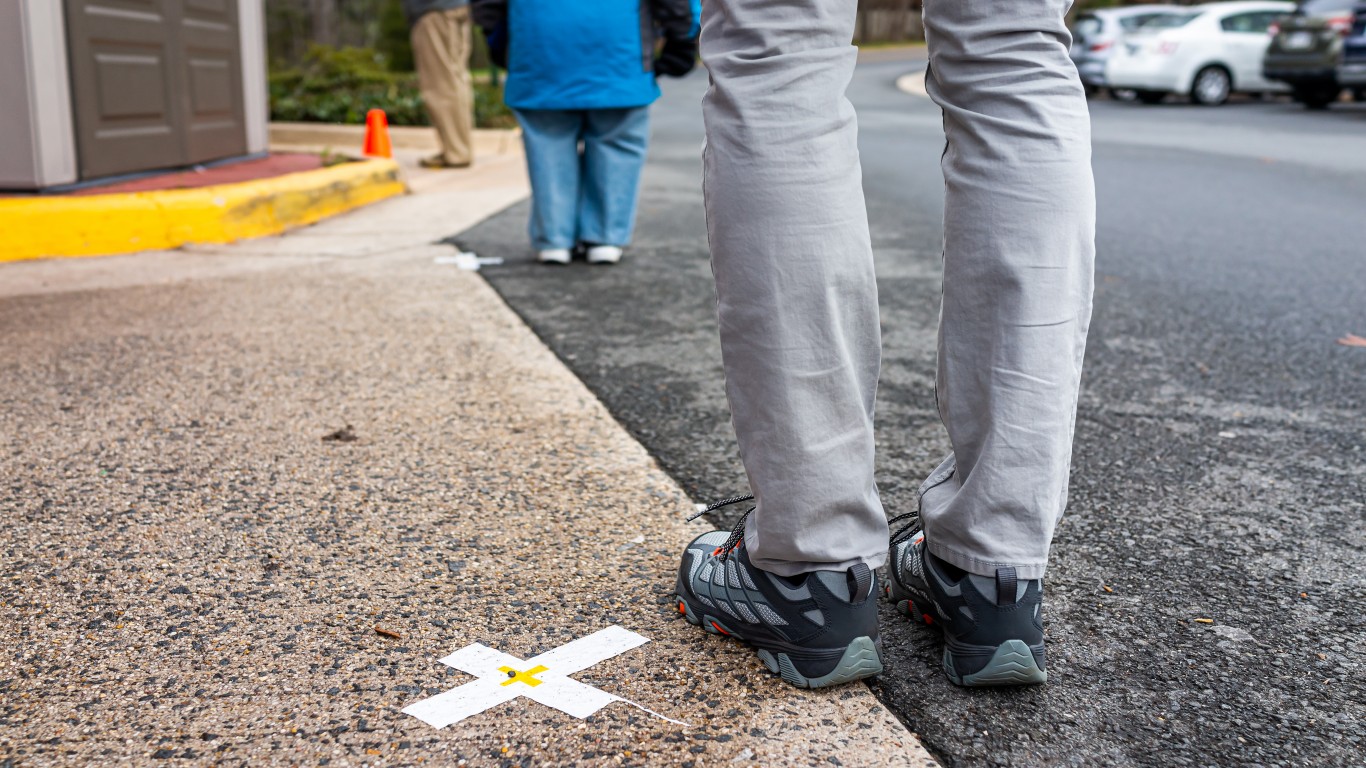Services
Now Valued at $13.7 Billion, Why Instacart's Next Investment Round Needs to Be an IPO

Published:
Last Updated:

If people have to eat and drink whether there is a COVID-19 pandemic or not, Instacart has what may be a perfect business model. This has become the top online grocery play out there for same-day delivery and pickup services which now goes beyond groceries. And with a fresh capital raise, Instacart’s private market value is now $13.7 billion.
While there had been a trend for companies to avoid the public markets in private years, some high-profile let downs have changed how at least some venture backers and companies who receive funding feel now. The next major step that Instacart needs to make is an initial public offering.
Instacart announced on Thursday that the company raised another $225 million in funding to help increase its shopping reach, meet growing customer demand, to help with strategic initiatives, and to help scale its platform and operations. This new round of funding was led by DST Global and General Catalyst, and an existing investor D1 Capital Partners also contributed more capital.
While Instacart’s press release directly said that the COVID-19 pandemic has fundamentally reshaped the way people think about buying groceries and ecommerce, it’s probably an understatement. Instacart may have also proven that the company can get through a recession.
One additional issue that Instacart is able to offer is that it carries exclusive coupons on its service that gets to act as part of the “daily deals” that became popular in years past. Chances are high that a cash-strapped public in the recession is likely going to appreciate those deals and savings.
The growth of Instacart has been very impressive. The company now claims to have its service coverage area to over 85% of all U.S. households and is now in all 50 states. It also claims to have over 70% of Canadian households in its service coverage areas. Instacart also now claims to have more than 400 national, regional and local retailers in its network, which has a system wide footprint of over 30,000 stores between the U.S. and Canada.
And while Instacart started out in groceries, the company has also expanded delivery and pick-up services for alcohol and prescriptions. Technically, there is no reason other services cannot be added in the years ahead if the company believes it can ultimately run them at profitability or as add-on services for customers.
It was just late n March after the shutdowns began that Instacart announced it was planning to bring on 300,000 new shoppers over the next 3 months, but then it needed even more shoppers. and in January the company launched its own “Instacart Meals” program.
On top of this latest round, Instacart already has raised funds with backing from Sequoia, Andreessen Horowitz, Khosla Ventures, SV Angel, and Y Combinator. This new valuation seems to be setting the company up for an initial public offering. A $600 million funding found in 2018 valued Instacart at $7.6 billion and it had been valued at $4.2 billion in a prior round.
For the record, there are SEC filings signaling that Instacart has plans to come public. Instacart was not included in the 24/7 Wall St. coverage of the Top IPOs for 2020, but only because we had seen no indications that the company was actually ready to make that leap.
It’s hard to imagine that the Webvan business model was only about 2 decades ahead of its time, but Instacart has landed in the right place at the right time.
Lastly, here are 12 Rules for Ordering Groceries to be Delivered.
Retirement can be daunting, but it doesn’t need to be.
Imagine having an expert in your corner to help you with your financial goals. Someone to help you determine if you’re ahead, behind, or right on track. With SmartAsset, that’s not just a dream—it’s reality. This free tool connects you with pre-screened financial advisors who work in your best interests. It’s quick, it’s easy, so take the leap today and start planning smarter!
Don’t waste another minute; get started right here and help your retirement dreams become a retirement reality.
Thank you for reading! Have some feedback for us?
Contact the 24/7 Wall St. editorial team.